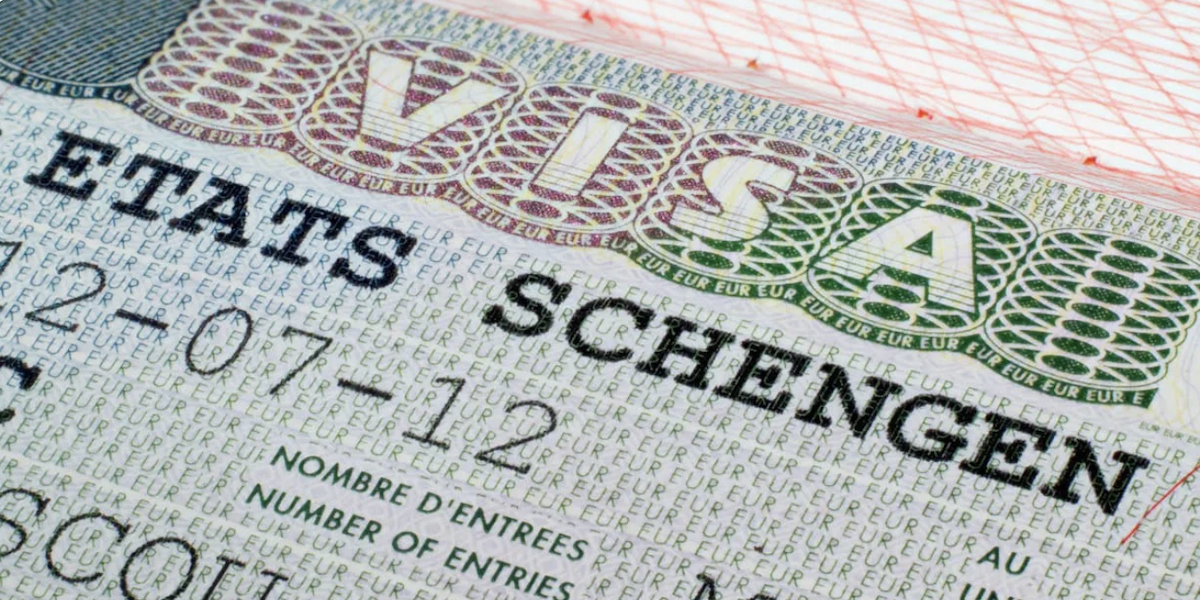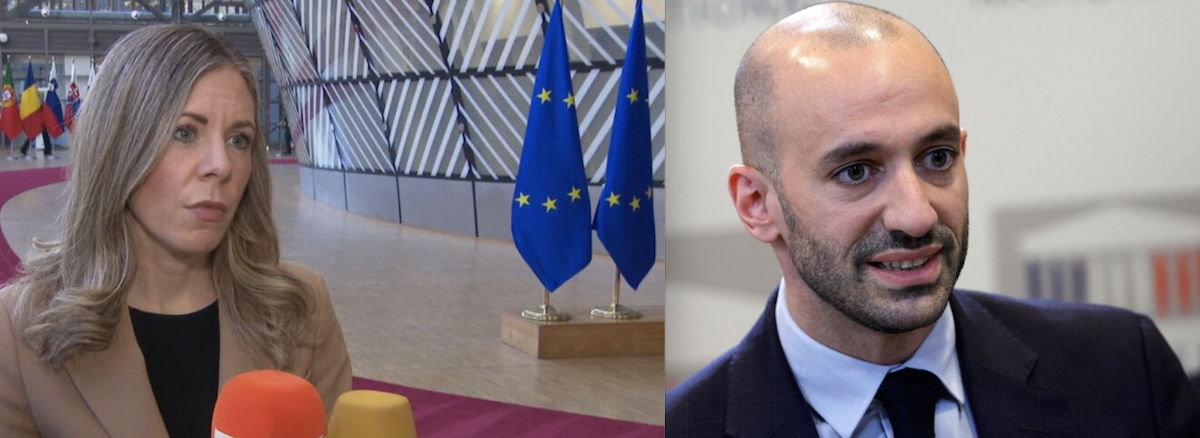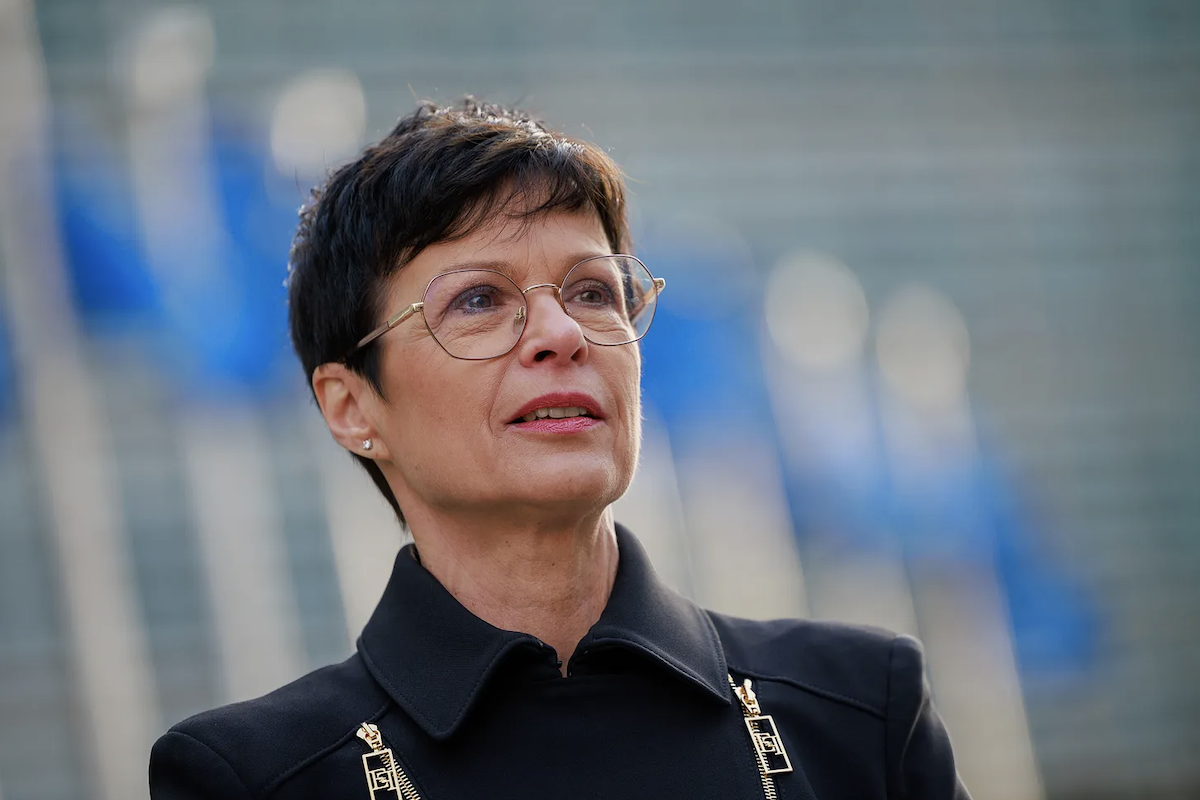Moldova emerges as frontrunner for EU enlargement: what does it mean for South Caucasus?
Moldova and European Union
In its latest report, the European Commission named Moldova as the country that has made the most progress toward EU membership over the past year. For a small state with the unrecognised region of Transnistria and the autonomous Gagauzia, this is a significant political achievement.
At the same time, Brussels discourse has introduced new terms: “incomplete membership,” “probationary period,” limits on veto powers, and “Trojan horses” within the Union. This is no longer just about Moldova or Ukraine. These concepts outline the future rules of the game for all countries standing at the EU’s door — including those in the South Caucasus.
In an interview with the Moldovan outlet Newsmaker, political analyst Denis Chinuşa suggests viewing Moldova’s case as a mix of opportunity and warning. Both elements have direct relevance for Georgia, Armenia, and Azerbaijan.
How the EU sees Moldova — and what it signals to Georgia, Armenia, and Azerbaijan
Brussels’ favourable tone toward Chisinau has two key reasons.
First, rapid formal reforms.
Over the past year, Moldova has accelerated the alignment of its legislation with EU standards, reformed government agencies, and synchronised its foreign policy with Brussels, including on sanctions against Russia. Its alignment on sanctions exceeds 90% — a separate column in the European Commission report.
Second, EU-friendly partners in power.
President Maia Sandu and the ruling PAS party belong to the same political family as leading centre-right parties in the EU. For Brussels, they are “one of their own”: predictable, clearly pro-Western, and ready to vote in sync on sensitive issues.
Chinuşa emphasises that the European Commission evaluates Moldova not in isolation, but in comparison with others. On the same field are Ukraine, the Western Balkans, and Georgia. Here, the symbolism is particularly striking: just ten years ago, Georgia was considered the “top performer” of the Eastern Partnership, but today Chisinau has largely taken over that role.
For Tbilisi, this is a direct signal that the “frontrunner” status is not permanent.
For Yerevan and Baku, it serves as a reminder that the EU rewards both reforms and foreign-policy loyalty.
‘Incomplete membership’: a safeguard against new Orbáns
The ideas of “probationary” or “limited” membership did not emerge from Moldova’s realities. The main source of frustration for the EU is Hungary and its Prime Minister Viktor Orbán, who regularly blocks decisions on Ukraine, sanctions, and the Union budget, using his veto as leverage.
Brussels’ response is to explore new frameworks:
- countries may join the EU without full veto rights at first;
- a “probationary period” could be introduced, where a country is formally a member but some of its rights are frozen;
- mechanisms are being discussed that would allow a country to be “rolled back” if it reverses reforms after accession, effectively becoming a “Trojan horse” for Moscow or other actors.
These scenarios are already being discussed openly in relation to Moldova. For Georgia, as a candidate, and Armenia, increasingly looking toward the EU, they offer a preliminary sketch of future negotiations.
Chinuşa raises an uncomfortable but honest question: is it ethical to demand painful reforms for decades, only to admit countries into the “club” as second-class members?
At the same time, he takes a fairly sober view of Moldova’s situation:
“For Chisinau, access to EU funds and markets is more important than an abstract veto right. In reality, any government in Moldova can be persuaded on how to vote at a single summit. But building an economy without money and EU access is impossible.”
For the Caucasus countries, the takeaway is less reassuring: Brussels no longer promises that all future members will be fully equal to the old “EU-15.” A hierarchy of statuses is likely. Debates over Moldova’s and Ukraine’s “incomplete membership” will set the framework for the Caucasus if and when the question of actual EU accession arises there.
When geopolitics outweighs reforms
EU enlargement is increasingly less a purely bureaucratic process and more a security tool. For Brussels, Moldova is part of a larger task: strengthening the eastern flank, making Transnistria, the region around Odessa, and Black Sea logistics less vulnerable, and reducing Russia’s influence.
The same logic applies to the South Caucasus:
- Russian bases and influence in Armenia;
- Moscow-controlled de facto entities in Abkhazia and South Ossetia;
- competition over transport corridors through Azerbaijan and Georgia.
In this worldview, the EU may be willing to support “the right” governments even if they are not fully democratic — simply because the alternative seems worse.
But this approach comes at a cost. Chinuşa warns that problems overlooked today for geopolitical reasons return tomorrow as internal crises, with poverty and social frustration being key factors.
In Moldova, this has manifested through networks tied to the fugitive oligarch Shor: people who feel abandoned by the state easily follow anyone promising quick money and simple solutions.
The picture is familiar in the Caucasus:
- rural regions of Georgia, where euro-integration resonates far less than fuel and fertilizer prices;
- Armenian villages and small towns, experiencing long-term depopulation;
- Azerbaijani districts, where the gap between Baku and the regions fuels growing resentment.
If governments speak to their populations only in the language of geopolitics — NATO, sanctions, the “European choice” — while basic social issues remain unaddressed, euro-integration risks becoming an elite project, easily portrayed as “foreign” and imposed from outside.
Economy and depopulation: a shared test for Moldova and the Caucasus
Moldovan authorities have set an ambitious timeline: complete negotiations by 2028 and ratify the accession agreement by 2030.
Yet Moldova’s economy remains vulnerable:
- weak positions in the European market;
- a limited budget and dependence on external aid;
- a large outflow of working-age population.
Chinuşa highlights the gap between “paper progress” and reality:
“Moldova looks good on paper now: laws are being passed, institutions reformed. But the EU still needs to assess whether the country has the people and infrastructure to make it all work in practice.”
Depopulation is a separate red flag. Moldova is emptying, undermining the very idea of long-term development.
The parallel with the Caucasus is direct:
- Georgia and Armenia have been losing people for years — to Russia, the EU, and overseas;
- Azerbaijan faces an outflow of skilled personnel despite oil and gas revenues.
The EU evaluates not only laws but also whether there are people to live and work in a future member state. If the best minds and hands leave and do not return, integration risks becoming a decorative shell over depopulated territories.
Grouping candidates: what the “Ukraine–Moldova” pair teaches the Caucasus
oldova and Ukraine are currently considered together in the EU: they share candidate status, simultaneous reports, and coordinated summit decisions. The Ukrainian track is most often blocked by Hungary, while Moldova’s moves slightly more smoothly.
For the Caucasus, there are several lessons.
The EU likes to work in groups.
Georgia, Ukraine, and Moldova were once packaged as the Eastern Partnership block. Now new groupings are emerging: Ukraine–Moldova, the Western Balkans, and potentially different formats for the Caucasus.
A weak link affects everyone.
If one country in a group struggles — with democracy, corruption, or conflicts — it slows down its neighbours. The history of the Western Balkans package illustrates this, and the Ukraine/Moldova pair repeats the pattern.
A strategic partner is not automatically a candidate.
Azerbaijan can remain an important EU energy partner, supplying gas, oil, and electricity, but this does not guarantee candidate status. The Moldovan case shows that candidacy is primarily about political and legal alignment, not just resources.
Domestic politics: how a monopoly of power undermines euro-integration
On the surface, Moldova looks like the “perfect student”: stable government, pro-European rhetoric, and ongoing reforms. But internally, doubts are growing about the durability of this arrangement.
The ruling PAS party holds a de facto monopoly: a parliamentary majority, influence over key institutions, and dominance in the media landscape. Formally, this is justified as necessary for rapid reforms and countering Russia, but the risks are clear: any monopoly eventually begins to confuse loyalty with competence.
Chinuşa warns that if euro-integration becomes associated with a single party and leader, any change of government could be perceived as a threat to the EU course.
The picture is no more reassuring for the Caucasus:
- In Georgia, euro-integration is increasingly seen through the lens of the struggle around Georgian Dream;
- In Armenia, the European vector is personalised around Pashinyan and his opponents;
- In Azerbaijan, the very idea of political competition is heavily constrained.
The common risk: Europe becomes equated with the current government. If this perception solidifies, any regime change could automatically be framed as a “turn away from Europe” — even if society as a whole remains pro-European.
Media and NGOs: criticism is work, not betrayal
Another sensitive issue for both Moldova and the Caucasus is the role of media and civil society.
Chinuşa offers a simple test:
“A healthy system is one where NGOs and media are not afraid to question government and European Commission reports, compare polished statements with real life, and ask uncomfortable questions: why was this or that problem ‘overlooked,’ why was this violation ignored?”
In Moldova, as in the Caucasus, critics of the authorities are often labeled as “playing into the hands of Moscow, Ankara, or the West,” depending on the context. But without this critical layer, euro-integration risks becoming a technocratic project of bureaucrats rather than a societal choice.
This issue becomes particularly sensitive against the backdrop of war and conflicts:
“In Ukraine, in Georgia with its occupied territories, in Armenia after the Karabakh defeats, any doubts can easily be framed as a ‘stab in the back.’ Yet it is precisely in these moments that the foundation is laid for whether democracy will be alive in ten years — or become a decorative facade under the EU brand.”
Window of opportunity and the limits of EU patience
Today, Moldova is the frontrunner on the path to the EU: small, manageable, free from full-scale war, and governed by a leadership Brussels understands. Against this backdrop, South Caucasus countries appear more complicated: conflicts, divided societies, competing foreign policy orientations.
But Georgia’s history shows how quickly frontrunner status can be lost. A country that was once a symbol of reform gradually fell out of step with the EU, slid back on democracy, and raised increasing concerns in Brussels.
For Moldova and the Caucasus, the lesson is the same:
- Geopolitics has indeed opened a window of opportunity — fear of Russia makes the EU bolder and more flexible;
- But this window is not endless, and the EU’s patience with domestic problems has limits;
- “Incomplete membership” and “probationary periods” are not only safeguards against Orbán, but a way of saying: we are letting you in, but we do not fully trust you.
Moldova’s experience shows:
“It is not enough to simply please Brussels and vote correctly on resolutions. You need an economy that does not rely solely on diaspora remittances. You need institutions that function beyond the reports. You need media and NGOs that are not afraid to say ‘the emperor has no clothes,’ even if the emperor is pro-European.”
For the Caucasus, this may be the most honest part of the lesson.
Source: Mediaset
Moldova and European Union





















